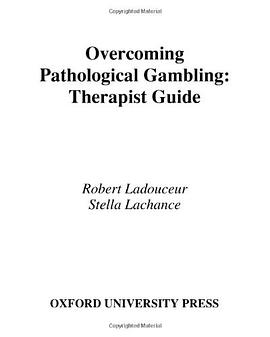

具体描述
Many scientific structures and systems are named after Johannes Muller, one of the most respected anatomists and physiologists of the 19th century. Muller was a mentor to many scientists of his age, many of whom would go on to make trail-blazing discoveries of their own. Among them were Theodor Schwann, who demonstrated that all animals are made of cells; Hermann Helmholtz, who measured the velocity of nerve impulses; and Rudolf Virchow, who convinced doctors to think of disease at the cellular level. This book tells Muller's story by interweaving it with that of seven of his most famous students. Muller suffered from depression and insomnia at the same time as he was doing his most important scientific work, and may have committed suicide at age 53. Like Muller, his most prominent students faced personal and social challenges as they practiced cutting-edge science. Virchow was fired for his political activism, Jakob Henle was jailed for membership in a dueling society, and Robert Remak was barred from Prussian universities for refusing to renounce his Orthodox Judaism. By recounting these stories, Muller's Lab explores the ways in which personal life can affect scientists' professional choices, and consequently affect the great discoveries they make.
作者简介
目录信息
读后感
评分
评分
评分
评分
用户评价
相关图书
本站所有内容均为互联网搜索引擎提供的公开搜索信息,本站不存储任何数据与内容,任何内容与数据均与本站无关,如有需要请联系相关搜索引擎包括但不限于百度,google,bing,sogou 等
© 2026 book.quotespace.org All Rights Reserved. 小美书屋 版权所有




















